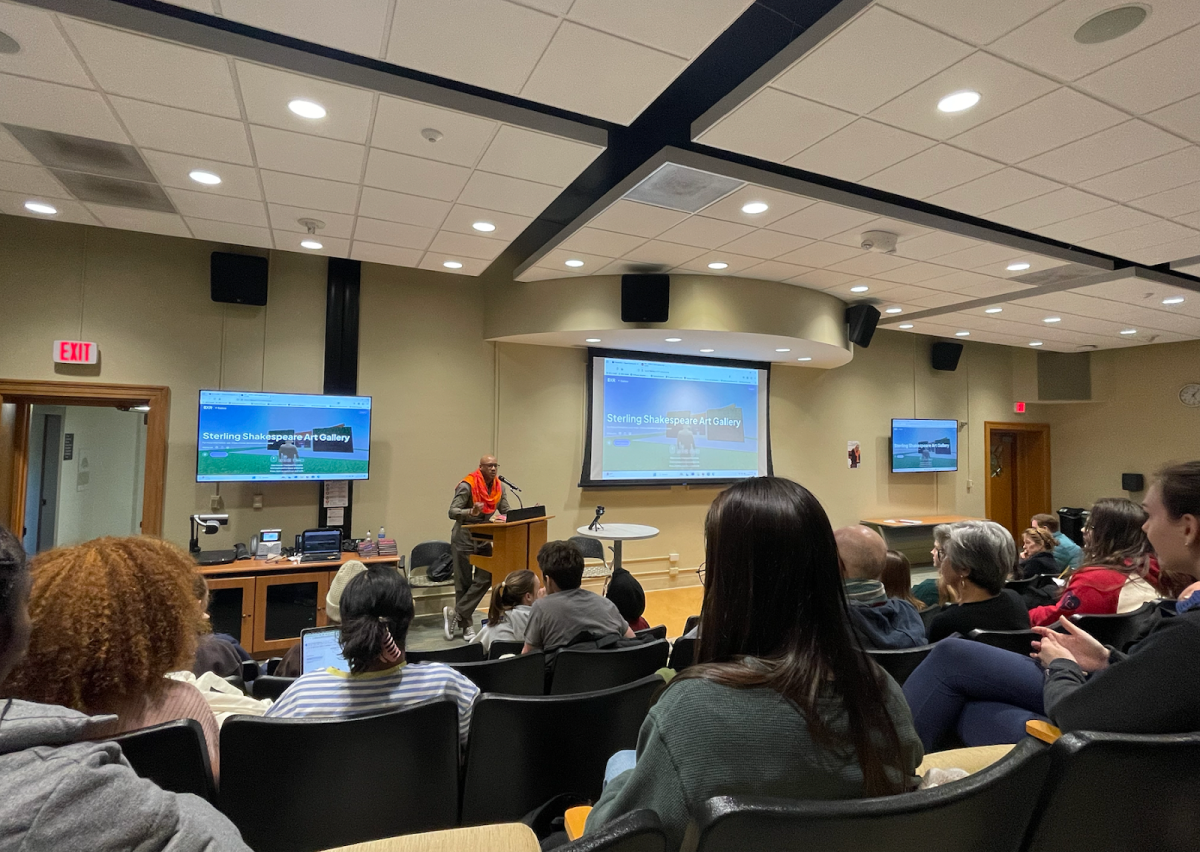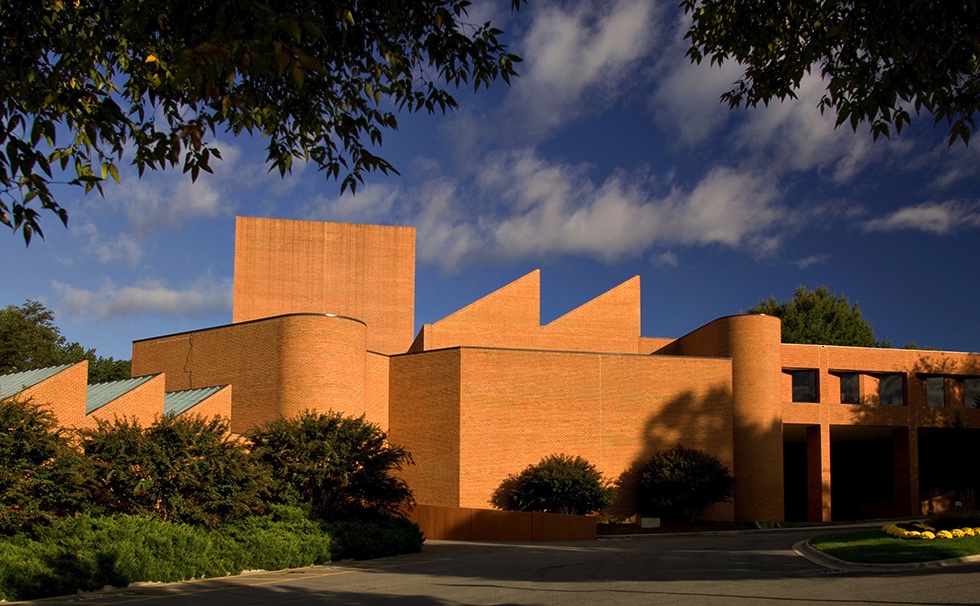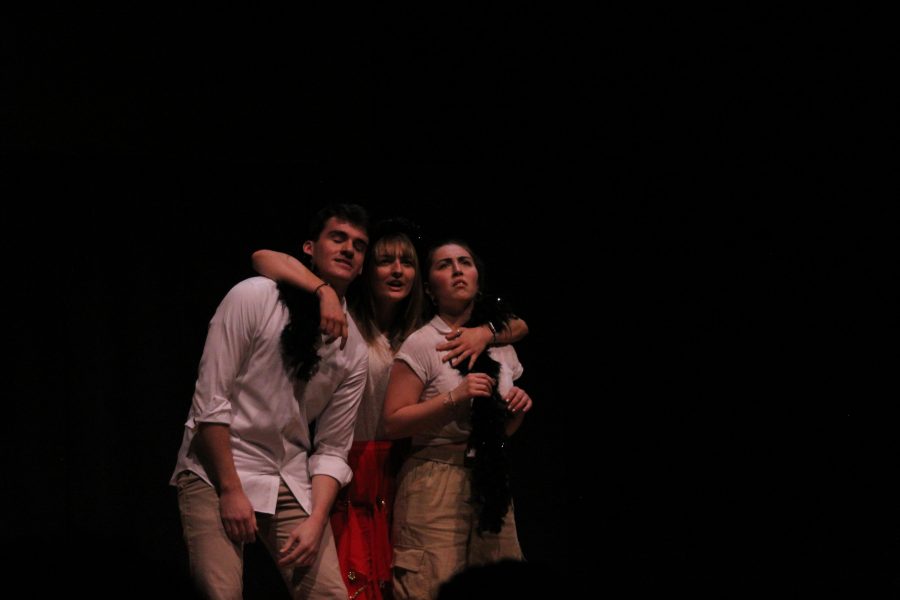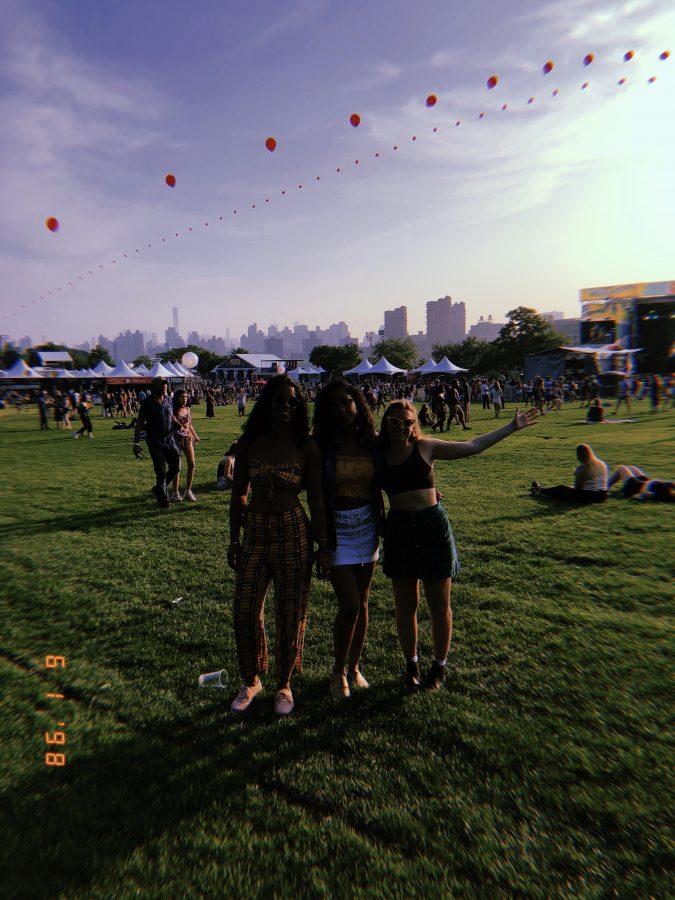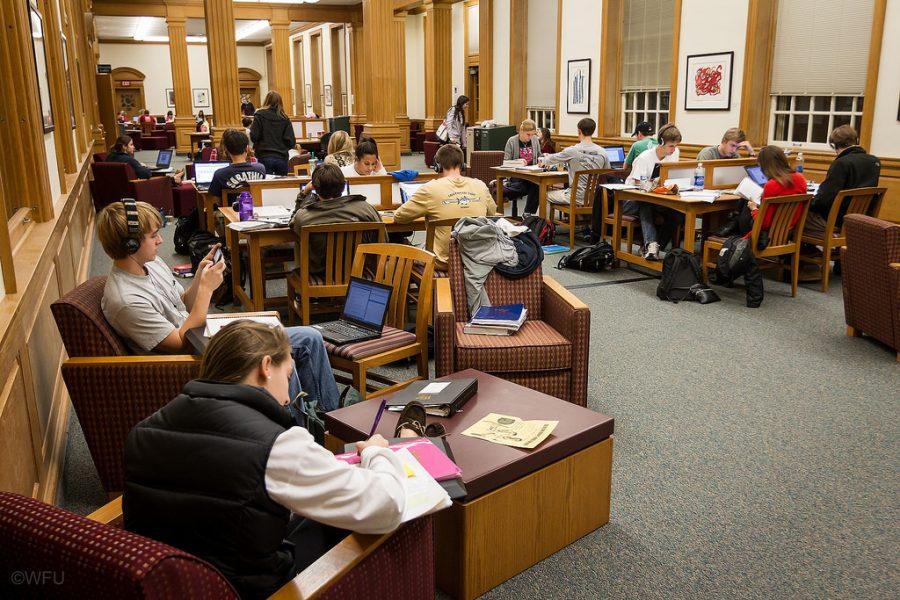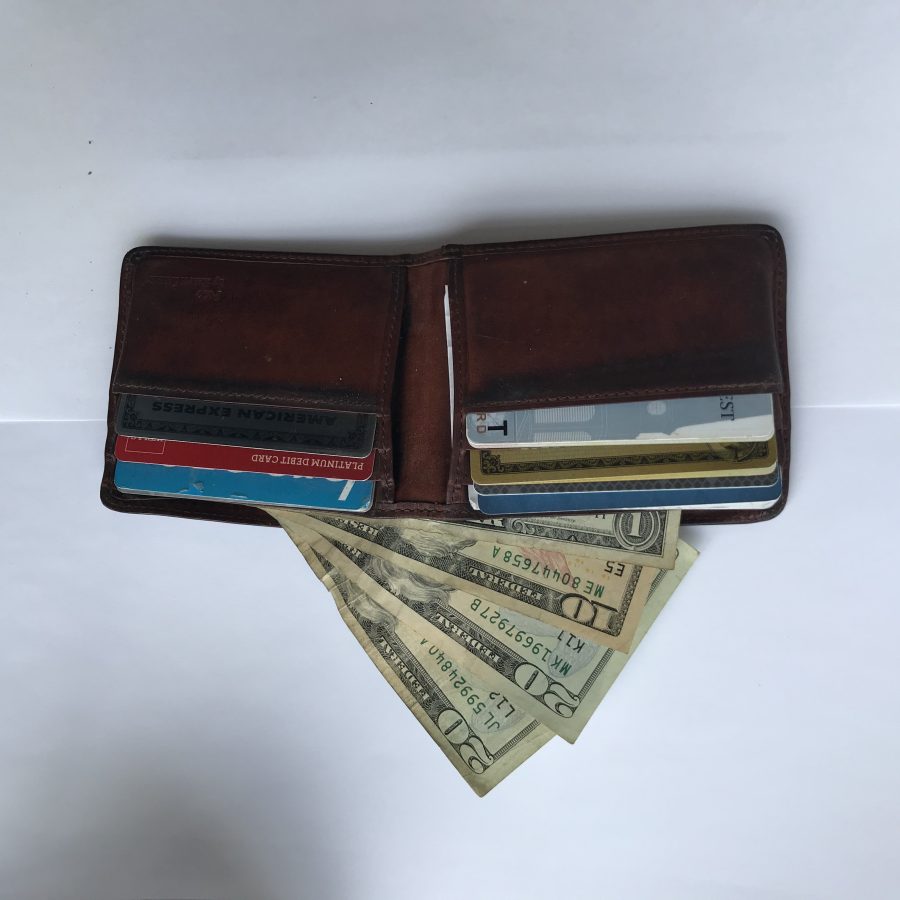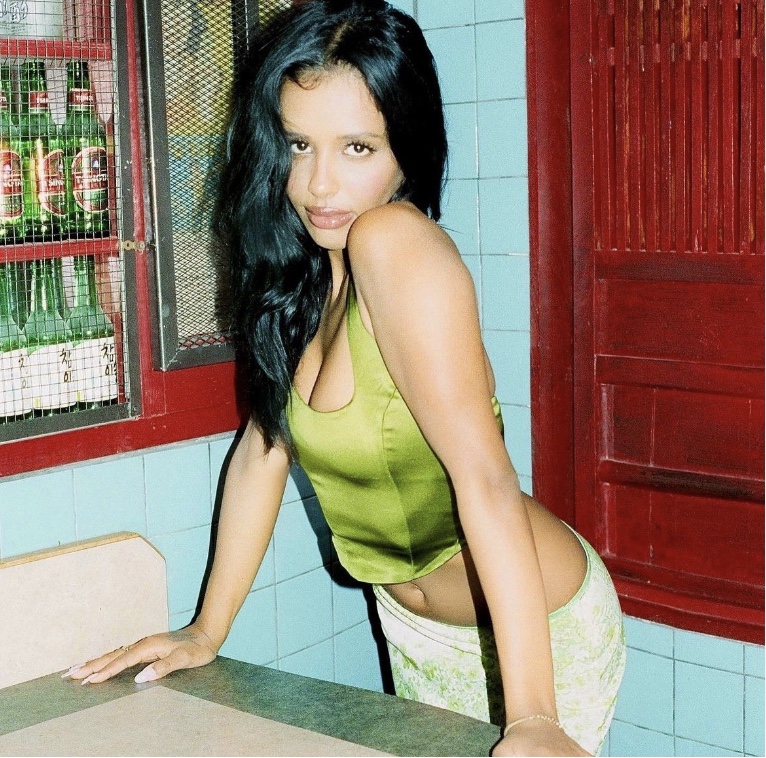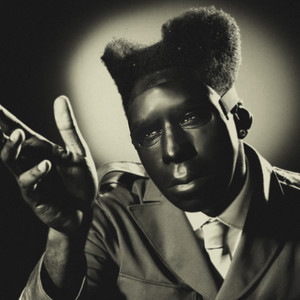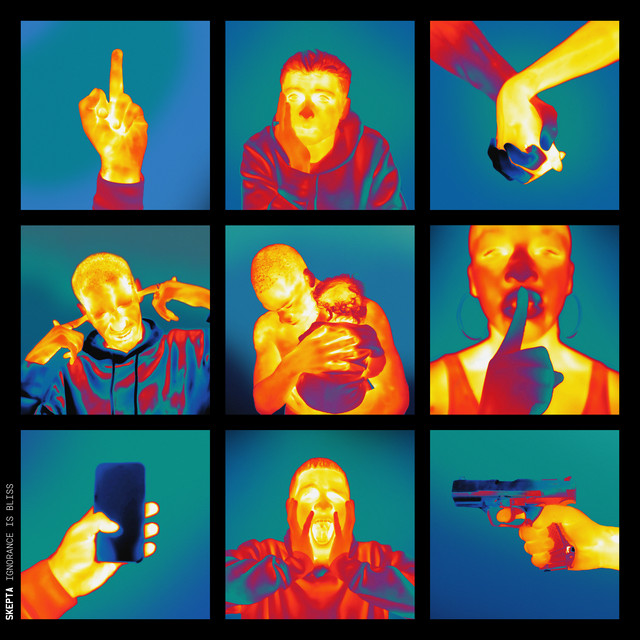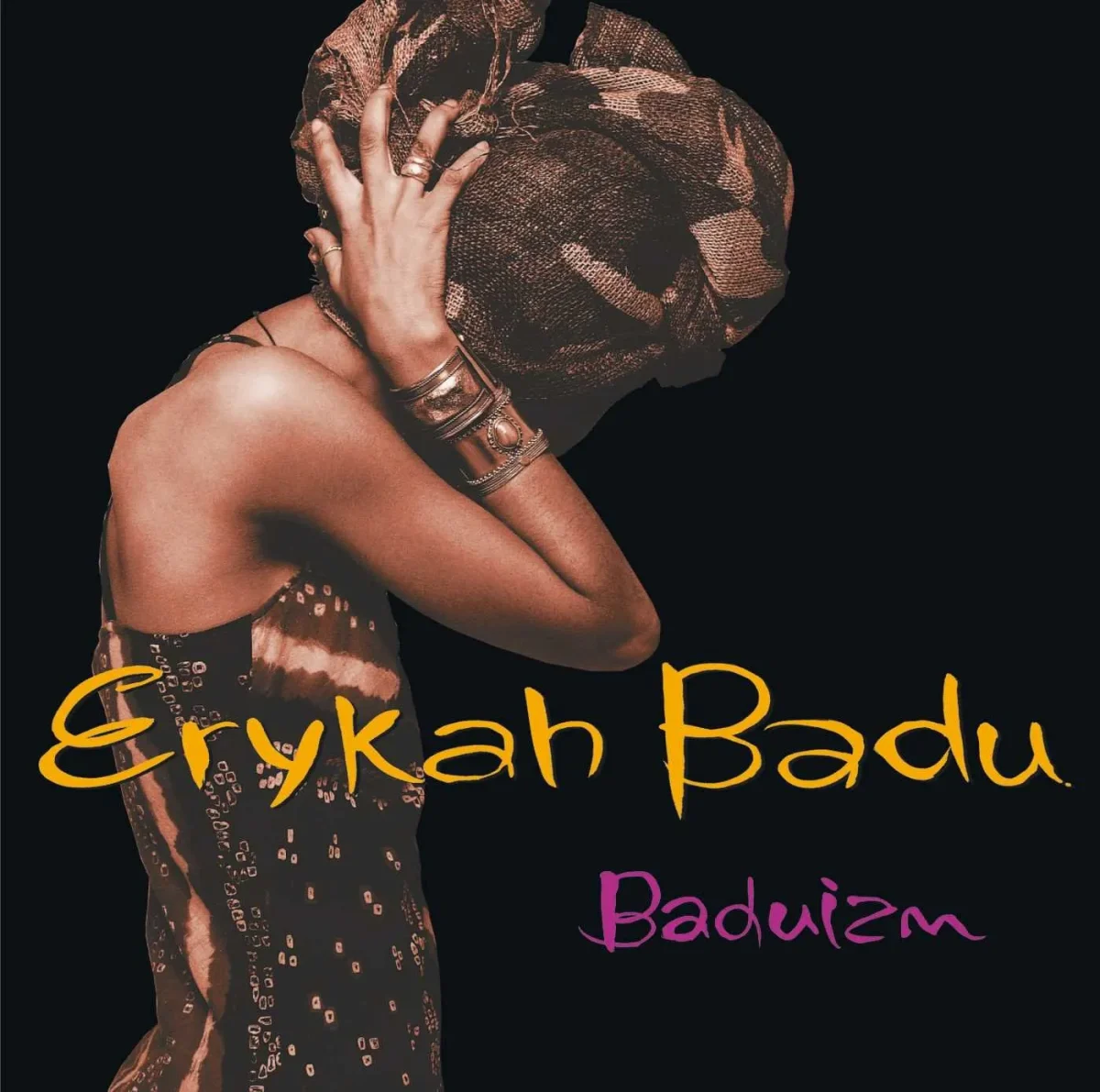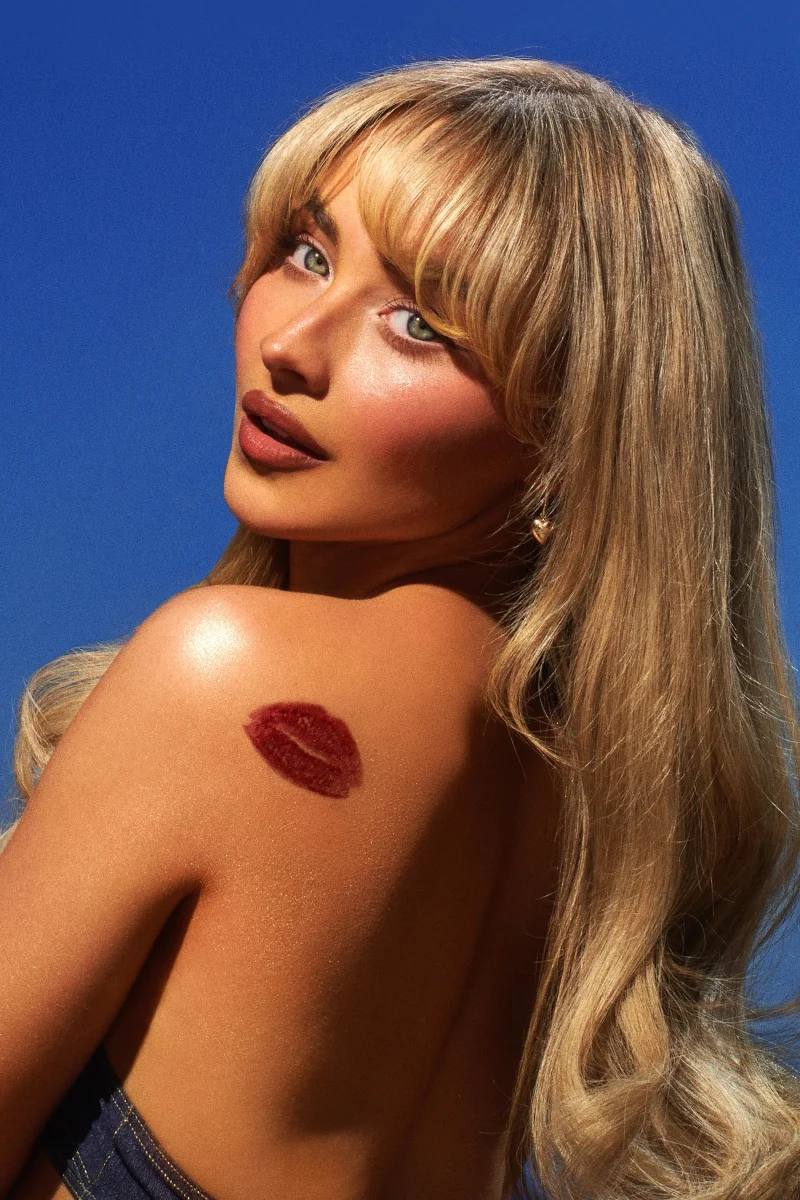Ben Wilson is the keyboardist for American jam band Blues Traveler, winner of a Grammy Award and creator of two platinum-selling albums. Their latest album is Blow Up the Moon, a collaboration with other artists such as Plain White T’s, The Dirty Heads, 3OH!3 and Jewel. They are now on tour all over the country, commemorating their 30th anniversary.
What are some highlights of creating your last album, Blow Up the Moon, and of the tour that followed?
Making the collaborative album was particularly cool because we realized, as we reached out to other bands, that our peers and younger artists look up to us. To hear that young, very talented bands like The Dirty Heads want to perform with Blues Traveler because of our songwriting and instrumentation is very validating. And to be in the recording studio, to hear the respect and interplay between us and to work with people that you never thought you’d work with was really cool.
The tour was one of the best tours we had done in a while. A collaborative tour was not only fun and cool, but also great for exposing our band to the fans of those groups that we performed with and vice versa. The other groups also got exposure for performing with us. We got to perform in some big venues in many different cities and towns, and to hear the audience singing some of our lesser-known songs was surprising but really rewarding.
Collaboration and respect in the arts should really be appreciated when it’s found. To that end, you performed in in Washington D.C. at the Creative Coalition Inaugural Ball for the Arts, a non-partisan and non-profit arts advocacy event. Could you tell us some of the things you hope to achieve from arts advocacy?
It’s really a great cause. We spent a lot of time talking at schools, trying to get people to see the good things that can come from playing music. When I was growing up, there were many more extracurricular music activities that were still paid for by the school in large part. But now, in large parts of the country, public education funding has been cut down so much that these programs are being discontinued. It’s a travesty. And to have a hand in changing that is a good thing.
Your next performance is Friday, April 21 in Greensboro, N.C. at Cone Denim Entertainment Center. Have you ever performed in North Carolina, and if so, what was that like?
Oh, wow, I’ve performed in North Carolina so many times. We actually did a private show at Wake Forest, on campus, about 10 to 12 years ago — and man do you guys know how to party. And touring through North Carolina I’ve found that the South really appreciates music, they know how to listen. At first, they don’t seem that into it, but they listen and then they start to groove. They really pay close attention to how you play your instrument rather than all the lights and jumping around and such. It’s not as necessary to have all the showy elements, although everybody enjoys them. But we don’t have to be crowd-surfing and throwing down like some other performers.
But I hear that you guys still put on a great performance. What’s your favorite part of performing with the band, and do you guys do anything special to prepare for a show?
Personally, I take a much more professional approach to playing music as I’ve gotten older. I just make sure that I warm up well and go through all the scales before I go out on stage. But something the band has always done together, about an hour before a show, is join up and go through the set list. We actually share roles of who picks the set list between each show. So while one show may have the same tunes as another one, they won’t all be in the same order or have the same feel.
I don’t know if many people realize how unique it is that your band shares the responsibility of curating sets. Why do you guys do that?
Well, our roots are that of a jam band, meaning that there won’t be a stop between Song A and Song B. Rather, we will change the baseline and improvise a transition between songs. Sometimes when you’re reliant on improvisation, your band doesn’t perform right and you take a loss. But other times, when you are playing on the same page and you’re trusting one another, it sounds amazing and it feels great. A lot of it goes back to collaboration and not being afraid to take risks as an artist.
Who are your musical heroes and your influences artistically?
Growing up was a mix of Jimi Hendrix and The Allman Brothers Band, and I even was a “deadhead” for a short while. I also really appreciated classic rock groups like Parliament-Funkadelic and Sly and the Family Stone. More contemporary acts that I enjoy are Spoon and TV on the Radio. I really respect what they do, not so much because they are similar to me stylistically, but because they’re super creative.
There may even be some readers who look up to Blues Traveler as one of their influences. What would you say to someone who is young and trying to make a start in music?
My advice would be two-fold. When I got done with college, I figured out how to support myself on the side while practicing my instrument so that I would be available to take any opportunity that came up. I say to just stay in it long enough and good things will happen and it can be scary. I didn’t get into Blues Traveler until I was about 30 years old. My second bit of advice would be to do what a lot of my friends did, which was to continue playing music but also teaching others how to play their instrument. By having a lot of students, they kept their heads in the game and also stayed available in case a door opened to perform. You never know what might happen, but I hope that we keep supporting music in schools so that those people get a chance.








